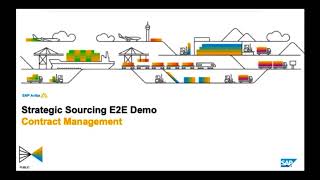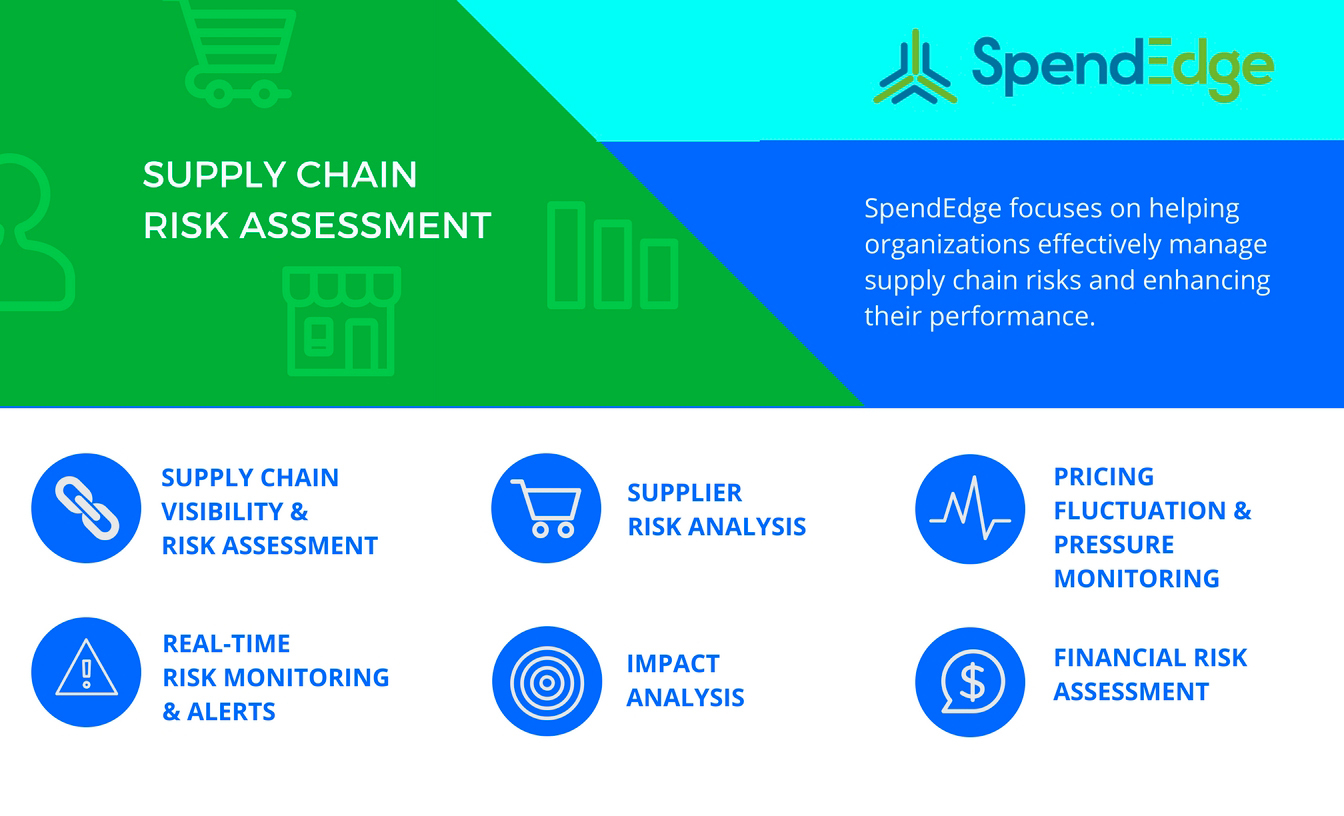
Managers will likely have to interact with people at different levels and from different teams. To be a manager, you will need to understand and value different perspectives and how to develop relationships. You must also learn how to create alliances, and negotiate well. Effective collaboration is built on trust and sharing of goals. Good communication is not enough. You also need to be patient. It helps you accept delays and problems without becoming annoyed. This skill is crucial for those who are uncertain of their work.
Love and compassion
Managers must learn compassion. It helps you respond more effectively to the suffering of others, and can increase performance and engagement. It is also an important ingredient for good leadership. Jason Lauritsen, author of "The compassionate manager," describes this skill to be a crucial ingredient in a healthy management style. His goal is to free managers from outdated, inhumane practices. Here are a few tips for developing this skill.

Commercial awareness
For managers and executives who work in the business environment, it is essential to have strong commercial awareness. It is essential to be able to understand and grasp the market trends as well as the competitive landscape in a particular sector. This skill will help a person make quick, informed decisions that can be vital for the success of the company. Additionally, it helps to recognize strengths and limitations within a team, and to identify areas for improvement.
Self-awareness
Self-awareness and self-management are two of the most important management skills. This skill allows leaders to understand themselves and their team's dynamics. Self-aware leaders can create a culture where tensions can be addressed. This will prevent burnout from causing knee-jerk reactions. Being self-aware allows leaders to make better decisions and plan better for their teams. Leaders can increase their self-awareness and be more prepared to tackle issues in their team.
Empathy
Empathy is an essential management skill because it allows employees to succeed at work. Modern teams are often made up of people from different backgrounds and personalities. This creates a more creative environment, but it can also cause conflicts. Empathetic leaders recognize the needs and challenges of their colleagues and take action to address them. Empathetic leaders create an environment that is inclusive and unifying, which in turn helps to retain and attract top talent. So how do you cultivate empathy?
Time management
For anyone who is serious about doing their job well, it is important to have a good time management skills. Good time management skills will help you be more productive and efficient, no matter if you're a manager or business owner. Time management skills can make or break your business, whether you are working on a big project or just a few minutes. They will help you achieve more in less time and require less effort. You can use time management in any job, no matter how small or large.

Problem-solving
Leaders must be able to solve problems. Problem-solvers are able to create positive working environments, reduce rework, and encourage continuous improvement. They can spot problems and get to work immediately. They are constantly on the lookout to spot signs of trouble and evaluate whether or not it can be solved. This will make a huge impact on an organization's bottom line. In addition, good problem-solvers are quick to recognize when a process isn't working and whether or not it needs to be redesigned.
FAQ
What are some common mistakes managers make when managing people?
Sometimes, managers make their job more difficult than it is.
They might not give enough support and delegate the right responsibilities to their staff.
Many managers lack the communication skills to motivate and lead their employees.
Managers set unrealistic expectations and make it difficult for their team.
Managers may prefer to solve every problem for themselves than to delegate responsibility.
What does the term "project management” mean?
It refers to the management of activities related to a project.
We help you define the scope of your project, identify the requirements, prepare the budget, organize the team, plan the work, monitor progress and evaluate the results before closing down the project.
What is the difference between a project and a program?
A program is permanent while a project can be temporary.
A project usually has a specific goal and deadline.
It is often performed by a team of people, who report back on someone else.
A program typically has a set goal and objective.
It is usually implemented by a single person.
Why is project management so important?
To ensure projects run smoothly and meet deadlines, project management techniques are employed.
This is because most businesses rely on project work for their products and services.
Companies need to manage these projects efficiently and effectively.
Companies can lose time, money, and reputation if they don't have a good project management system.
How do you manage your employees effectively?
The key to effective management of employees is ensuring their happiness and productivity.
This includes setting clear expectations for their behavior and tracking their performance.
Managers need to establish clear goals for their team and for themselves.
They should communicate clearly with employees. They must communicate clearly with staff members.
They will also need to keep records about their team's activities. These include:
-
What was accomplished?
-
How much work did you put in?
-
Who did it, anyway?
-
What was the moment it was completed?
-
Why it was done?
This information is useful for monitoring performance and evaluating the results.
How do we build a culture that is successful in our company?
A culture of respect and value within a company is key to a productive culture.
It's built on three fundamental principles:
-
Everybody has something to offer.
-
Fair treatment of people is the goal
-
It is possible to have mutual respect between groups and individuals
These values are reflected in the way people behave. For example, they will treat others with courtesy and consideration.
They will respect the opinions of others.
They will also encourage others to share their ideas and feelings.
In addition, the company culture encourages open communication and collaboration.
People feel free to express their views openly without fear of reprisal.
They know mistakes will be accepted as long as they are dealt with honestly.
Finally, the company culture encourages honesty as well as integrity.
Everyone knows that they must always tell the truth.
Everyone understands there are rules that they must follow.
People don't expect special treatment or favors.
Statistics
- 100% of the courses are offered online, and no campus visits are required — a big time-saver for you. (online.uc.edu)
- The profession is expected to grow 7% by 2028, a bit faster than the national average. (wgu.edu)
- Your choice in Step 5 may very likely be the same or similar to the alternative you placed at the top of your list at the end of Step 4. (umassd.edu)
- The BLS says that financial services jobs like banking are expected to grow 4% by 2030, about as fast as the national average. (wgu.edu)
- The average salary for financial advisors in 2021 is around $60,000 per year, with the top 10% of the profession making more than $111,000 per year. (wgu.edu)
External Links
How To
How can you apply 5S to your office?
The first step to making your workplace more efficient is to organize everything properly. An organized workspace, clean desk and tidy room will make everyone more productive. The five S's, Sort, Shine. Sweep. Separate. and Store, work together to make sure that every inch of space can be used efficiently and effectively. We'll be going through each step one by one and discussing how they can all be applied in any environment.
-
Sort. Don't waste your time looking for things you already know are there. This means putting things where you use them most often. If you find yourself frequently referring to something, place it near the location where you do your research. You need to think about whether or not you really have to keep it around.
-
Shine.Keep your belongings neat and orderly so that you spend less time cleaning up after yourself. You should get rid of any items that could be harmful or cause injury to others. You might have many pens and need to put them away. It might mean investing in a pen holder, which is a great investment because you won't lose pens anymore.
-
Sweep. To prevent dirt buildup on furniture and other items, clean them regularly. To ensure that surfaces are clean and as neat as possible, you might consider investing in dusting equipment. To keep your workstation tidy, you can set aside an area for dusting and sweeping.
-
Separate. It will help you save time and make it easier to dispose of your trash. To make it easy to dispose of the trash, you will find them strategically placed around the office. Make sure that you take advantage of this location by placing trash bags next to each bin so that you don't have to dig through piles of trash to find what you need.